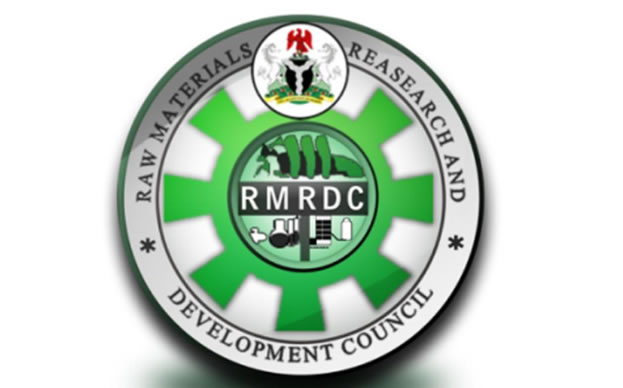The Raw Materials Research and Development Council (RMRDC) of Nigeria is spearheading a multi-pronged initiative to capitalize on the Federal Government’s recent ban on raw shea nut exports. This strategic decision aims to bolster domestic processing, stimulate economic growth, and enhance the overall value of the shea industry within the country. RMRDC’s Director-General, Nnanyelugo Ike-Muonso, outlined a series of actions designed to achieve these goals, emphasizing a data-driven approach, stakeholder engagement, and empowerment of local communities, particularly women. The overarching objective is to transform Nigeria from a mere exporter of raw shea nuts to a global hub for shea processing and value-added product manufacturing.
A critical first step is the comprehensive mapping of shea trees across Nigeria. This nationwide survey will provide precise data on the quantity and quality variations of shea nuts available in different regions. This information is crucial for attracting investors and processors, who require accurate data to make informed decisions about establishing processing facilities. By understanding the availability and characteristics of raw materials, investors can confidently assess the feasibility and potential profitability of their ventures, leading to more sustainable and successful investments in the shea processing sector.
The RMRDC also recognizes the importance of a collaborative approach and plans to convene stakeholders to review and update the five-year shea industry roadmap. This roadmap, which has recently expired, will be revised to align with the new focus on domestic processing and reflect the evolving needs of the industry. This participatory process will ensure that all stakeholders, including processors, investors, collectors, and government representatives, are on the same page and working towards shared goals. The updated roadmap will provide a clear strategic direction for the industry’s growth and development.
Empowering women, who form the backbone of shea nut collection in Nigeria, is another central pillar of the RMRDC’s strategy. Recognizing their crucial role in the value chain, the Council intends to launch national women cluster cooperatives and provide comprehensive training programs. These initiatives will equip women with the skills and knowledge to improve the quality of shea nuts collected and processed, thereby enhancing their economic prospects and enabling them to participate more effectively in the industry’s growth. This focus on women’s empowerment aligns with broader development goals of poverty reduction and gender equality.
Beyond enhancing existing practices, the RMRDC is also committed to expanding shea cultivation within the country. The Council is actively seeking international collaboration, particularly with the United States government, to support the establishment of a 10,000-hectare shea tree plantation. This ambitious project will not only increase the supply of raw materials for domestic processing but also contribute to environmental sustainability and long-term resource management. The increased availability of shea nuts will further strengthen the foundation for a thriving shea processing industry in Nigeria.
To ensure transparency and accountability, the RMRDC has established a robust reporting mechanism to regularly update the presidency on the progress achieved. These reports will track key indicators such as capacity utilization of processing facilities, job creation within the shea industry, and foreign exchange savings resulting from the shift towards domestic processing. This continuous monitoring and evaluation will allow the government to assess the effectiveness of its policies and make any necessary adjustments to optimize the growth and development of the shea value chain. The data-driven approach will also help demonstrate the tangible benefits of the export ban and showcase the positive impact on the Nigerian economy.
In essence, the RMRDC’s comprehensive strategy aims to transform the Nigerian shea industry by leveraging the export ban on raw shea nuts. By focusing on data-driven decision-making, stakeholder engagement, women’s empowerment, and expansion of shea cultivation, the Council is laying the groundwork for a vibrant and sustainable shea processing sector. This strategic approach is expected to generate significant economic benefits for Nigeria, including increased employment opportunities, foreign exchange savings, and enhanced value addition within the country. The RMRDC’s proactive initiatives are positioning Nigeria to become a global leader in the shea industry, moving beyond the export of raw materials and embracing the potential of value-added processing and product development.


